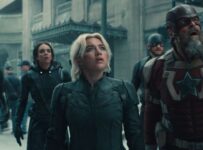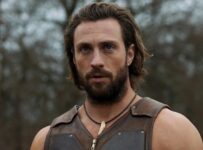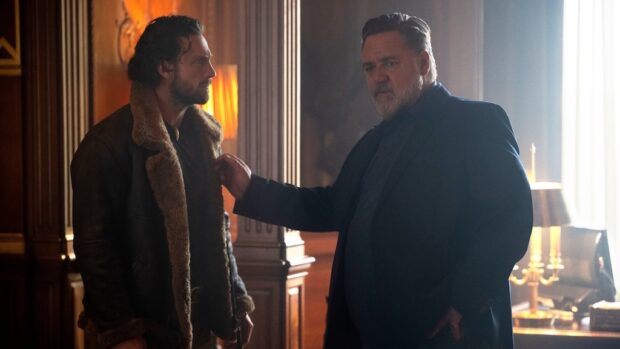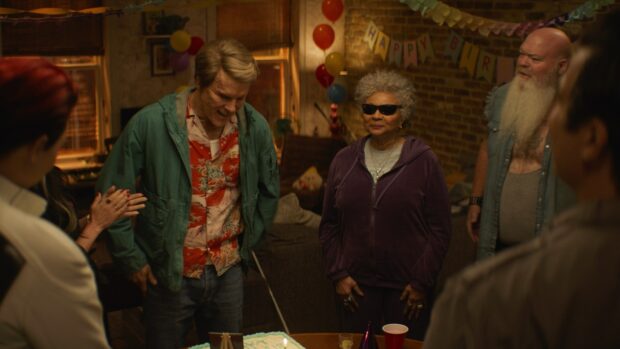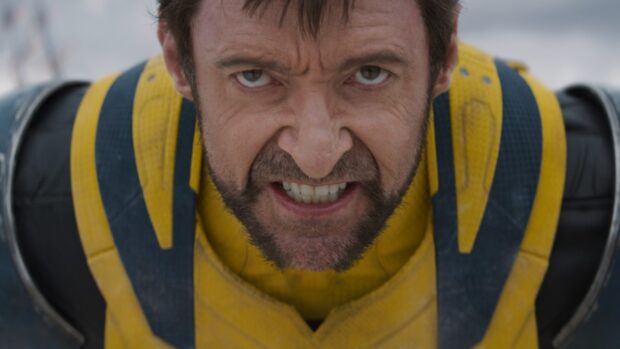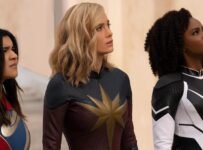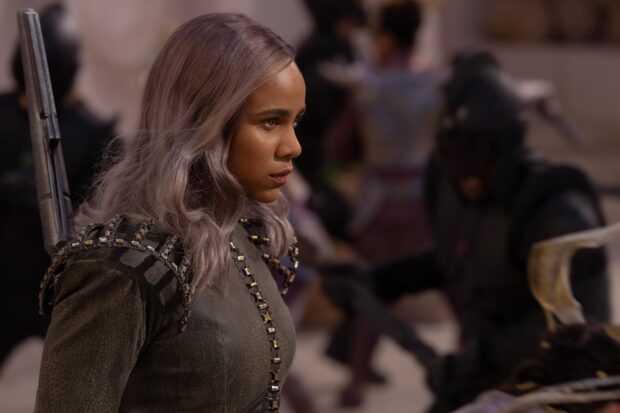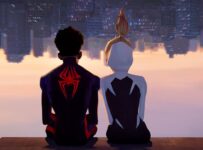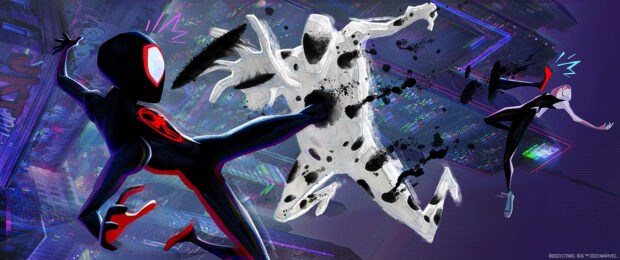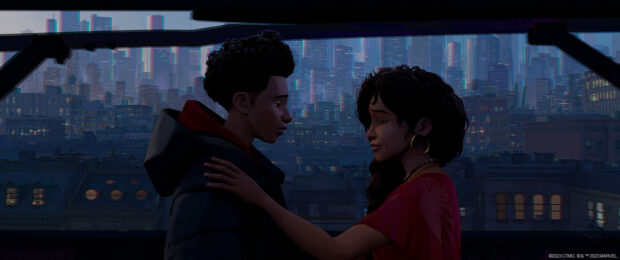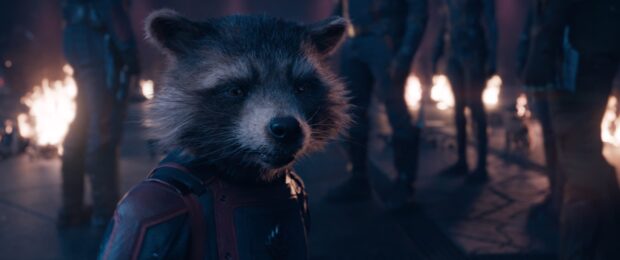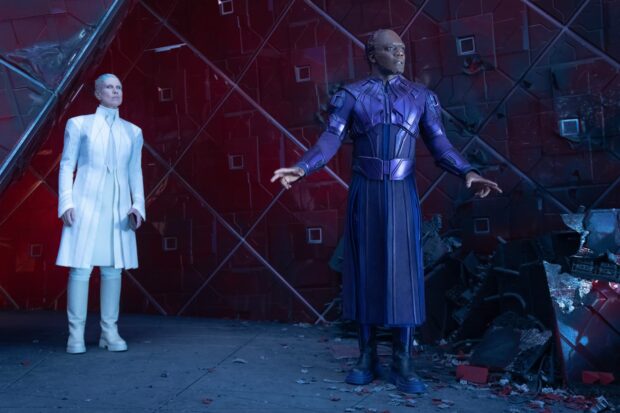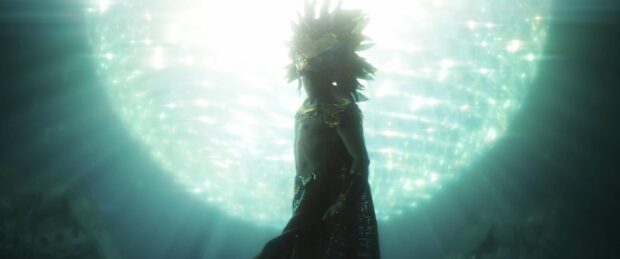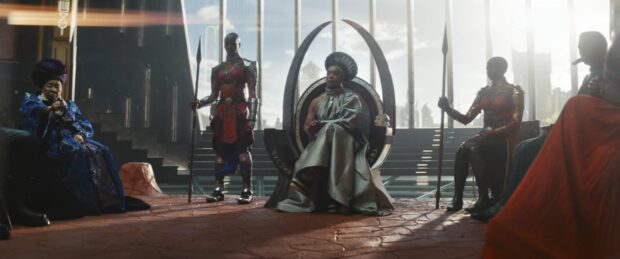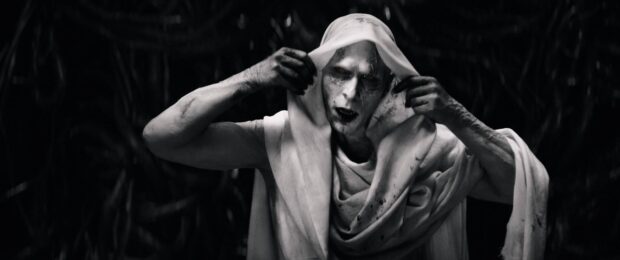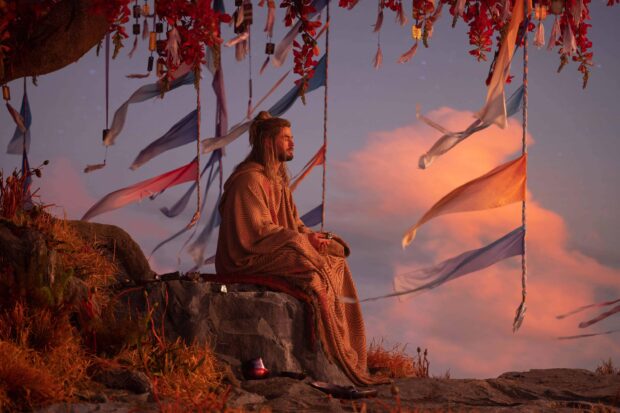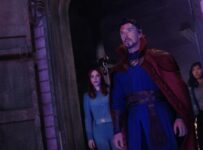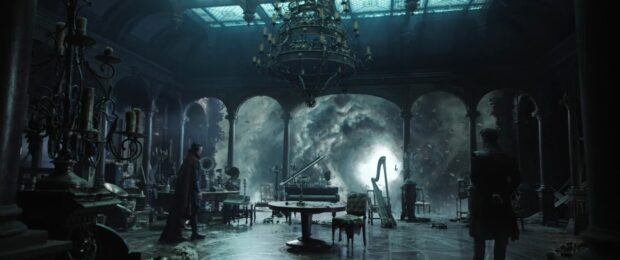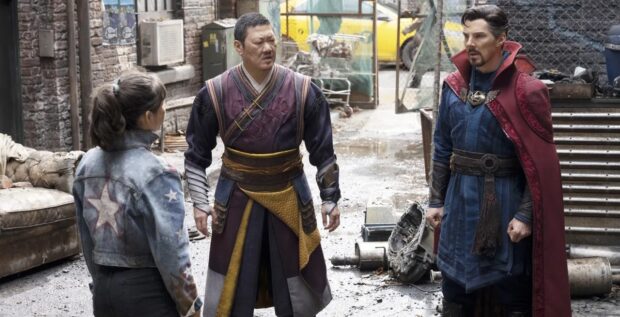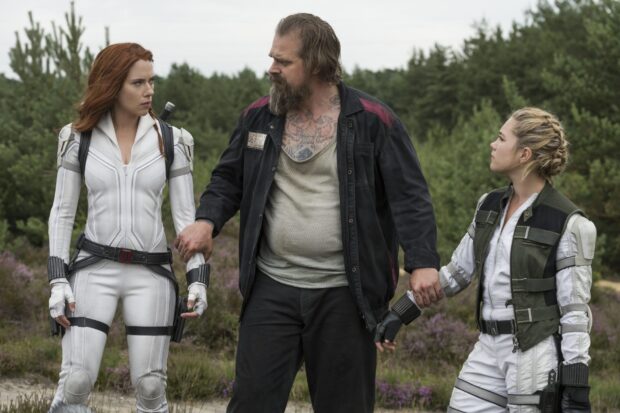Has it really been three months since the last Marvel Cinematic Universe film? My word, how time flies. Ok, commenting on the frequency—and declining quality—of the MCU has practically become an internet pastime, a kind of doom-scrolling for Letterboxd. Yet there’s reason to get excited about THUNDERBOLTS*, a film that wears your skepticism right there in that deliberately placed asterisk.
While Disney has been seeding hints of this team-up since The Falcon and the Winter Soldier and Black Widow, the film’s origins stretch back to 2014, when Guardians of the Galaxy director James Gunn first spoke about developing it. Of course, he’s since gone on to make The Suicide Squad, DC’s analogue for this band of misfits. Still, THUNDERBOLTS* carries a similar vibe to Guardians, if only because there are no real expectations riding on it.
Reeling from the events of the last few years, Yelena Belova (Florence Pugh) is adrift, suffering from severe ennui while working under Valentina Allegra de Fontaine (Julia Louis-Dreyfus), a high-ranking CIA official with a black-ops hustle on the side. When junior senator Bucky Barnes (Sebastian Stan) arrives in Washington, it coincides with Valentina facing impeachment over her extra-governmental activities.
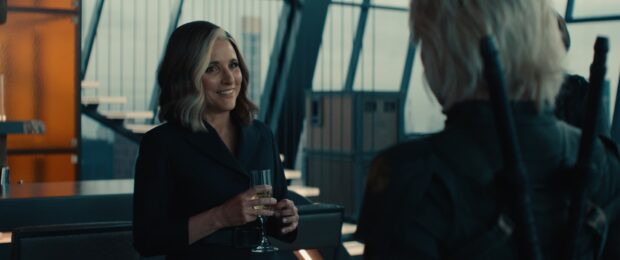
In a desperate move to tie up her loose ends, Valentina sets a trap for Yelena, U.S. Agent John Walker (Wyatt Russell), Ghost (Hannah John-Kamen), and Taskmaster (Olga Kurylenko). But the plan backfires, and the unlikely crew instead teams up with a mysterious man named Bob (Lewis Pullman) and Yelena’s blustering father, Red Guardian (David Harbour), to stop the emergence of a deadly new threat.
Having grown used to bombastic, world-ending crossover plots, it’s surprising (and refreshing) just how compact, intimate, and funny Eric Pearson and Joanna Carlo’s script is. The first half of the film unfolds almost entirely within a secret bunker—a closed-circuit playground that gives the characters room to breathe, bicker, and bond.
When the action does break out, it’s tight, focused, and—save for a city-shaking climax—largely grounded. A desert highway chase plays like a dry, cool Terminator-style set piece, with Marvel seemingly letting director Jake Schreier veer away from the usual house style. Even when he’s pulled back into familiar territory, the film quickly pivots toward a visual interiority that lets these damaged characters work through their trauma in ways that are both inventive and recognisable.
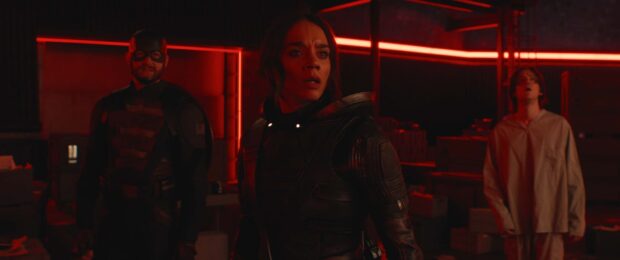
And that may be the biggest surprise of all: this is a blockbuster franchise film that dares to focus on heroes healing themselves. Without giving too much away, the third act introduces a literal darkness that also works as a metaphor for depression and self-worth.. If we’re continuing the Guardians comparison, this is a misfit crew discovering their strength through unity.
Pugh finally steps into the leading-hero role we always knew she’d claim, and Russell gets a redemption arc as a flawed but well-meaning soldier. Still, it’s Harbour who steals scenes with his in-character enthusiasm, even when met with rolling eyes from the team around him.
If the MCU has been stuck looking backwards—a habit Deadpool & Wolverine and Captain America: Brave New World haven’t shaken—rest assured, THUNDERBOLTS* makes it clear it has its eyes on the future. If there’s a glance in the rear-view mirror, it’s not to remind us how fun these films used to be, it makes the case for how they still can be.
2025 | USA | DIRECTOR: Jake Schreier | WRITERS: Eric Pearson, Joanna Calo | CAST: Florence Pugh, Sebastian Stan, Wyatt Russell, Olga Kurylenko, Lewis Pullman, Geraldine Viswanathan, David Harbour, Hannah John-Kamen, Julia Louis-Dreyfus | DISTRIBUTOR: Disney | RUNNING TIME: 127 minutes | RELEASE DATE: 1 May 2025 (Australia), 2 May 2025 (USA)
